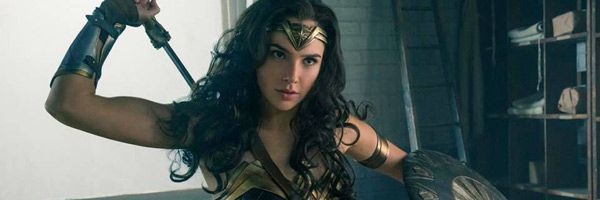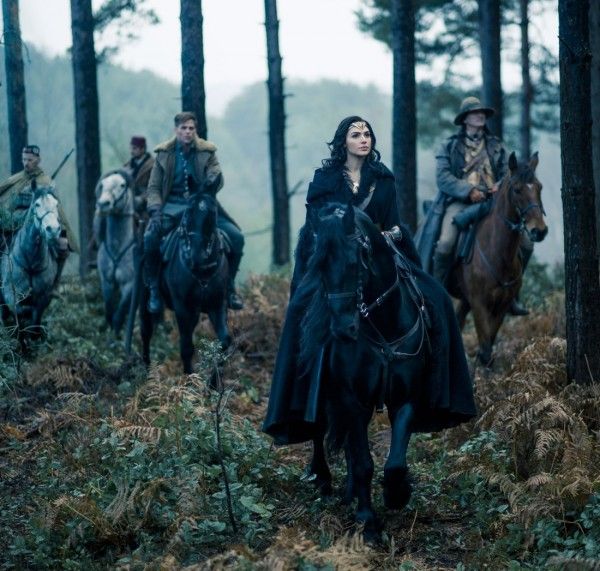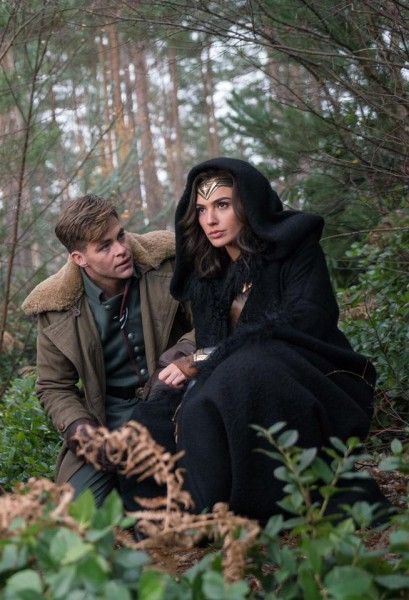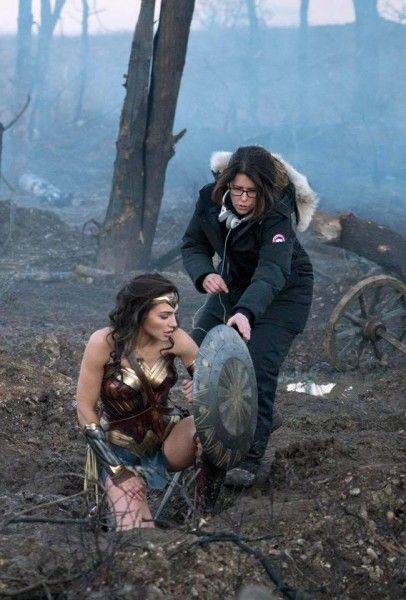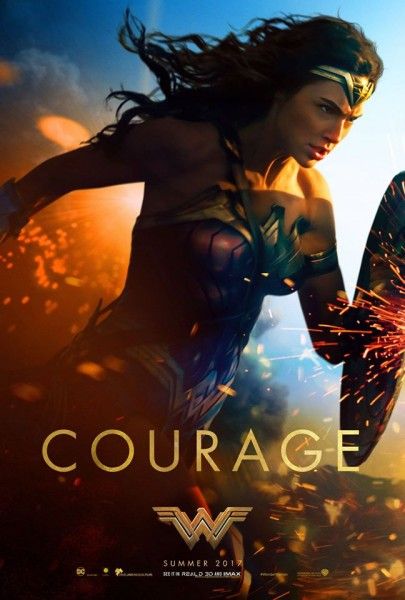While talk may be abuzz with the when/what/where of Ben Affleck’s standalone Batman movie at the moment, up first is a pretty groundbreaking piece of filmmaking from Warner Bros.’ DC Films. There have certainly been female-led superhero movies in the 21st century, but none have been released since Marvel Studios revitalized the genre with its interconnected franchise model that began with Iron Man and solidified with the release of The Avengers. Marvel will have taken over 20 feature films to land on their first with a female in the lead role (2019’s Captain Marvel), but Warner Bros. is coming out of the gate strong with next year’s Wonder Woman.
The DC character is one of the most iconic in superhero history, and she’ll be brought to life with the same major-budget backing that Warner Bros. gave Superman in Man of Steel and the ensemble Batman v Superman, where Gal Gadot’s Wonder Woman made her debut.
With Suicide Squad now on home video, Warner Bros. is turning its attention to pushing Wonder Woman full time, and the film is the subject of a new profile in Time, where director Patty Jenkins offers some insight into her approach to the female-led feature. Jenkins actually first began pitching a Wonder Woman movie back in 2004, after the release of her breakthrough feature Monster. And when it came to crafting Wonder Woman, she wanted the approach to give the character her full due in a blockbuster market flooded with male heroes:
“We’ve spent years treating male heroes in certain ways. I just applied those same tropes to her, and all these incredible radical moments suddenly appear to an audience.”
But Gadot also stresses there’s a fine line between strong and overbearing:
“We knew it was tricky. We wanted to find the balance between portraying her as confident and strong and feminine and warm. I didn’t want her to be a ball buster. I didn’t want her to be bossy. You can be powerful and also loving.”
That also extends to love interest Steve Trevor, played by Chris Pine. The idea is to turn the trope on its head—traditionally it’s the female love interest that gets shorted on character and story while the male character does all the heroic stuff—but Jenkins also didn’t want to emasculate the character.
Indeed, Gadot took a moment to clarify what it means to be a feminist, explaining how she sees her role as Wonder Woman working to clarify this particular issue:
“I think people take it the wrong way when I say I’m a feminist. Feminism is not about burning bras and hating men. It’s about gender equality. Whoever is not a feminist is a chauvinist… We need to educate boys, show boys strong women in powerful positions. It’s all about expanding the possibilities of what women can be. I know I couldn’t do this without my husband.”
And that’s one of the most exciting things about Wonder Woman. It’s not about just plugging a female into a superhero movie—it’s about embracing the larger message of what that means, and signaling to young boys and girls everywhere that it’s not just one gender that gets to have all the superhero fun on the big screen.

